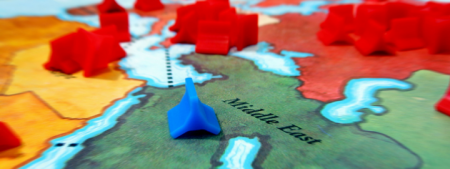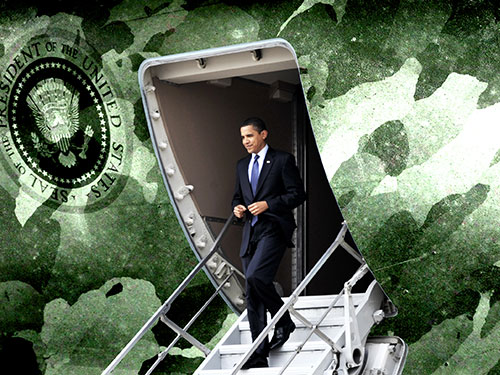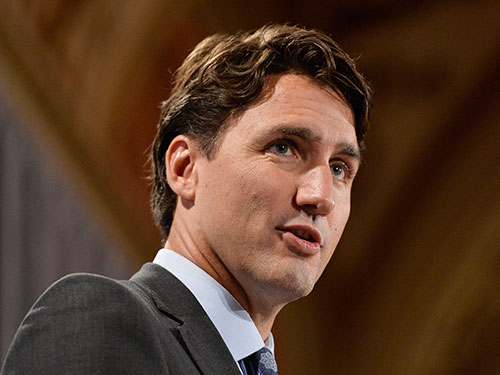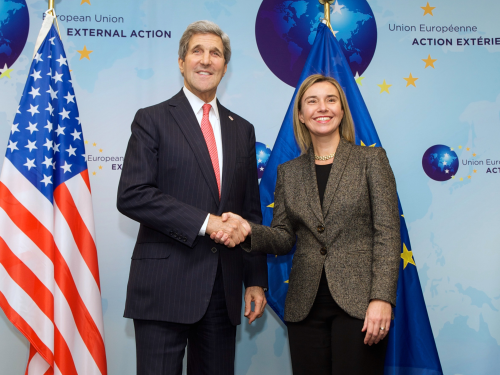
This article was originally published by the World Policy Institute in its World Policy Journal in the Winter 2015/16 Issue.
What are the challenges determining your country’s position within Latin America?
The balance of power in Latin America is shifting. Large, recently thriving countries like Brazil are struggling, hampered by domestic scandals. The economies of oil-dependent countries like Venezuela and Ecuador are stagnant, while other nations, such as Chile and Mexico, seem poised for growth. Amid this turbulence, countries are striving to reposition themselves. World Policy Journal consulted a panel of experts to help understand what issues are defining their countries’ changing roles in the region.
ARGENTINA: NARCO STATE
MARIANO TURZI
The most pressing problem Latin America faces today is narcotrafficking. As Pope Francis mentioned in his U.N. speech in September, narcotrafficking is accompanied by human trafficking, money laundering, the arms trade, child exploitation, and other forms of corruption. This trade increases violence, with Latin America’s poorest people caught in the middle as the state tries to eliminate drug rings or stop rivalries between cartels.
Moreover, the narco state destroys economies. Illegal networks arise, concentrating on trafficking in substances, arms, and persons. But then they “diversify” into general smuggling and kidnapping. Narco-economies generate enclaves that displace other productive endeavors. Financial and human capital are chased away by the prospect of escalating violence.




